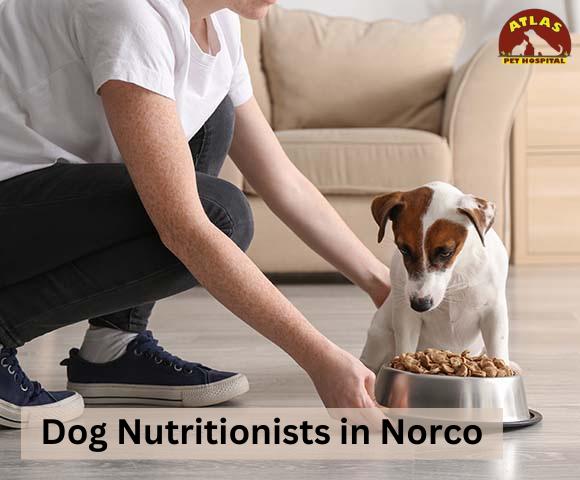Dogs are more than just pets; they are cherished members of our families, sharing in our daily lives and, often, our meals. As we sit down to eat, it’s not uncommon to be met with those irresistible, hopeful eyes begging for a taste of what’s on our plates. But as loving dog owners, it’s crucial to know which human foods are safe for our furry companions and which ones can be harmful. In this article, we’ll explore the dos and don’ts of sharing human food with dogs, helping you make informed choices that keep your four-legged friend happy and healthy. Whether you’re looking to add variety to their diet or simply want to indulge them with a treat, understanding the impact of human food on dogs is essential for their well-being.
Safe and Healthy Human Foods for Your Dogs Diet
Integrating certain human foods into your dog’s diet can be a delightful way to provide variety and additional nutrients. Fruits and vegetables such as carrots, blueberries, and sweet potatoes are not only safe but also beneficial, offering vitamins and antioxidants that support your dog’s overall health. When considering protein sources, plain cooked chicken or turkey can be excellent choices, offering lean protein without the additives found in processed dog foods.
- Carrots: Great for dental health and low in calories.
- Blueberries: Packed with antioxidants and fiber.
- Sweet Potatoes: High in dietary fiber and vitamins A, C, and B6.
- Cooked Chicken: Lean protein source that is easy to digest.
- Plain Turkey: Another lean protein option, free from spices and sauces.
Always introduce new foods gradually and in moderation to ensure your furry friend doesn’t experience any digestive issues. Remember to avoid ingredients like onions, garlic, and chocolate, which can be harmful to dogs. By thoughtfully incorporating these foods, you can enhance your pet’s diet while ensuring they remain safe and happy.
Understanding Harmful Ingredients: What to Avoid
When considering sharing your meals with your furry friend, it’s crucial to be aware of certain ingredients that can be harmful to them. Dogs have different dietary needs and sensitivities than humans, and what might be a treat for us can sometimes be toxic to them. Here are some common ingredients to watch out for:
- Chocolate: Contains theobromine, which is toxic to dogs and can cause vomiting, diarrhea, and even more severe symptoms like seizures.
- Onions and Garlic: These can damage a dog’s red blood cells, potentially leading to anemia.
- Grapes and Raisins: Even small amounts can cause kidney failure in dogs.
- Avocado: Contains persin, which can lead to vomiting and diarrhea.
- Xylitol: A sugar substitute found in many sugar-free products, it can cause insulin release, leading to hypoglycemia (low blood sugar).
It’s always best to check with your veterinarian if you’re unsure about a particular food item. By being mindful of these ingredients, you can help ensure that your dog stays happy and healthy.
Transitioning to a Balanced Diet: Tips for Mixing Foods
When considering a balanced diet for your furry friend, it’s important to mix foods thoughtfully to ensure they receive all necessary nutrients. Dogs can enjoy a variety of human foods, but it’s essential to introduce these items in moderation and observe how your pet reacts. Start by integrating small amounts of cooked vegetables like carrots and peas into their meals. These veggies are not only safe but also packed with vitamins that can boost your dog’s health. Lean meats such as chicken or turkey, when cooked thoroughly and without seasoning, can be a great protein source. Just make sure to remove any bones to prevent choking hazards.
- Fruits: Offer slices of apples or bananas as occasional treats. These fruits are rich in fiber and vitamins.
- Grains: Brown rice or oatmeal can be mixed into their regular food to add a healthy carbohydrate source.
- Dairy: Small amounts of plain yogurt can be beneficial for digestion, but be cautious with lactose-intolerant dogs.
While diversifying your dog’s diet, always ensure that the new foods are introduced gradually. Monitor for any adverse reactions, such as digestive upset or allergies, and consult with a veterinarian if you have any concerns. Remember, balance and moderation are key to maintaining your dog’s health and happiness.
When to Consult Your Veterinarian for Dietary Advice
Deciding what human foods are safe for your dog can be a tricky task. It’s always wise to seek professional advice when considering significant changes to your pet’s diet. Here are some scenarios when you should reach out to your veterinarian for guidance:
- Unexplained Weight Changes: If your dog is gaining or losing weight unexpectedly, it’s essential to consult with a vet to determine if dietary adjustments are needed or if there might be underlying health issues.
- Allergies and Sensitivities: If you suspect your dog has food allergies or intolerances, a veterinarian can help identify the culprits and recommend suitable alternatives.
- Age-Related Dietary Needs: Puppies, adult dogs, and seniors have different nutritional requirements. Your vet can provide tailored advice to ensure your pet’s diet meets their life stage needs.
- Chronic Health Conditions: Dogs with conditions like diabetes, kidney disease, or heart issues often require specialized diets. Professional guidance is crucial to manage these conditions effectively through nutrition.
- Behavioral Changes: Sudden changes in behavior, such as lethargy or hyperactivity, may be linked to diet. A vet can help determine if dietary factors are contributing to these changes.
Remember, while some human foods can be safe and even beneficial for dogs, not all are suitable. Consulting your veterinarian ensures your furry friend gets the best care possible, tailored to their individual needs.

